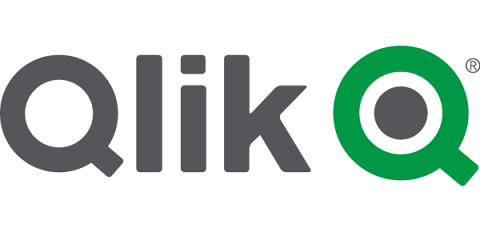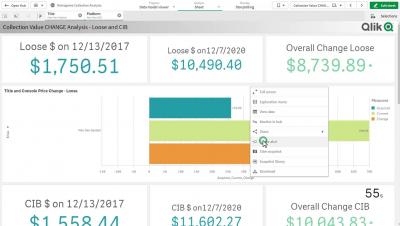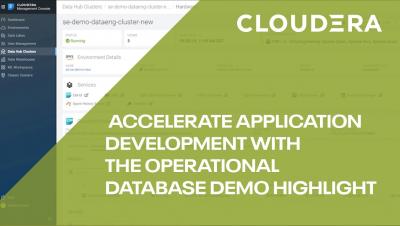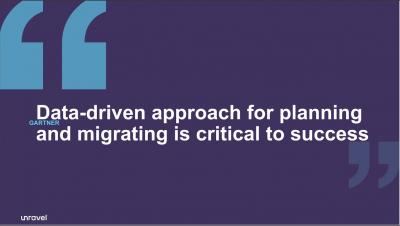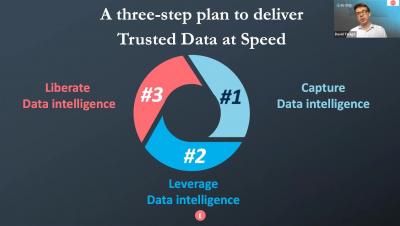Democratizing Machine Learning Capabilities With Qlik Sense and Amazon SageMaker
The ability to discover insights from past events, transactions and interactions is how many customers currently utilize Qlik. Qlik’s unique approach to Business Intelligence (BI) using an in-memory engine and intuitive interface has democratized BI for typical business users, who usually have little to no technical savvy. But, for many years, organizations have only been able to analyze metrics or KPIs of “what has happened” (i.e., descriptive analytics).


